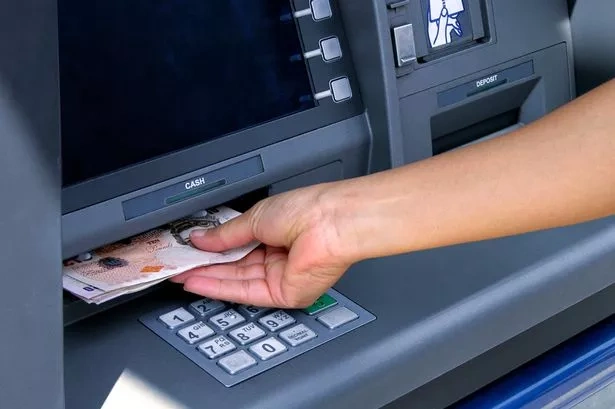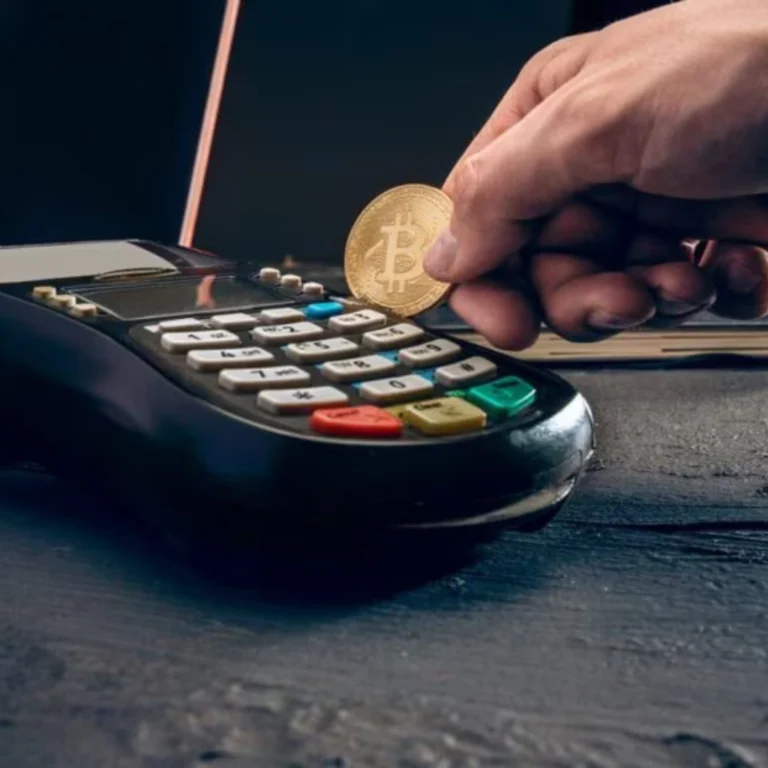Crypto Travel Savings: As cryptocurrency continues gaining traction globally, more travelers are exploring ways to spend it on the road. One commonly shared belief is that using crypto while traveling can help dodge foreign transaction fees, bad exchange rates, and banking hassles.
But how much of this is hype—and how much is truly practical?
This educational guide walks you through the reality of crypto travel savings, highlighting when it works, what risks are involved, and how to use it effectively without falling for common misconceptions.
Crypto Travel Savings: Understanding Traditional Travel Fees


Before diving into crypto, let’s first look at the costs most travelers face when using traditional financial services abroad:
- Foreign transaction fees: Most credit and debit cards charge 1–3% on overseas purchases.
- ATM fees: Withdrawing cash abroad may include both local ATM fees and charges from your bank.
- Poor exchange rates: Currency conversions through banks and ATMs often come with less favorable rates than market averages.
These expenses—small as they seem—can accumulate quickly during international trips. This is where crypto comes in as a potential alternative.
Crypto Travel Savings: How Crypto Promises to Cut Costs


In theory, cryptocurrency offers an appealing solution by sidestepping banks entirely. Here are some common crypto use cases travelers explore:
1. Crypto Debit Cards
Companies like Crypto.com, Binance, and Coinbase offer debit cards that convert crypto to local currency at the point of sale. Some of these cards don’t charge foreign transaction fees, making them a popular option.
2. Peer-to-Peer Payments
If you’re staying in an Airbnb-style rental or hiring a local guide who accepts crypto, sending USDC, ETH, or BTC directly can eliminate middlemen and bank delays.
3. Spending in Crypto-Friendly Countries
In regions with strong crypto adoption—such as El Salvador, Thailand, or parts of Vietnam—you may find merchants, cafés, or even tour operators who accept direct crypto payments.
Hidden Costs and Considerations


Despite the potential, using crypto abroad isn’t free of pitfalls. Travelers should be aware of these key challenges:
• Crypto Conversion Fees
While some platforms advertise zero transaction fees, most charge 0.5% to 2% for converting crypto into fiat. These fees are less visible but still impact your total expenses.
• Volatility
Cryptocurrencies are known for their price swings. A sudden dip in value means your crypto-funded meal or hotel might cost you more than expected in retrospect.
• Network Fees
Transferring crypto—especially during network congestion—can result in high gas fees, particularly with Ethereum or Bitcoin.
• Limited Acceptance
While growing, crypto adoption isn’t yet global. You may struggle to find vendors who accept crypto outside of tech-forward or tourist-heavy locations.
Crypto Travel Savings: When Crypto Travel Works Best
Crypto travel savings tend to be more effective in specific scenarios:
- Digital nomads and remote workers paid in crypto often benefit from bypassing currency exchanges altogether.
- Long-term stays in crypto-friendly countries allow for more flexible spending and broader merchant support.
- Countries with unstable currencies may offer better value or protection when spending in crypto instead of local money.
In these cases, the convenience and potential savings can be significant.
Crypto Travel Savings: Real-World Drawbacks to Keep in Mind
Even seasoned crypto users face practical issues:
- Declined payments: Some crypto cards are not as universally accepted as traditional Visa or Mastercard cards.
- KYC verification delays: Account verification or re-verification processes can freeze access to funds at inconvenient times.
- Opportunity cost: Spend crypto today, and you may regret it tomorrow if the market value jumps significantly.
Best Practices for Crypto Travel
If you’re considering using crypto while traveling, keep these tips in mind:
- Plan ahead: Research crypto acceptance in your destination before relying on it as your main payment method.
- Use stablecoins: Stick with stablecoins like USDT or USDC to avoid price volatility during your trip.
- Watch out for fees: Compare platform fees for card use, ATM withdrawals, and crypto-fiat conversions.
- Always carry backup: Crypto is a great option, but it’s not a universal solution. Bring a traditional card or local currency as backup.
Final Thoughts
So—is using crypto abroad worth it? Sometimes, yes. Crypto travel savings are real under the right conditions, especially if you understand the tools, minimize fees, and use crypto where it makes sense.
But crypto isn’t a foolproof replacement for traditional travel money. Hidden costs, volatility, and accessibility issues still present challenges.
For curious or tech-savvy travelers, crypto can be a powerful financial tool. For others, it’s best treated as a complementary option—not a complete banking substitute.
Relevant news: HERE






